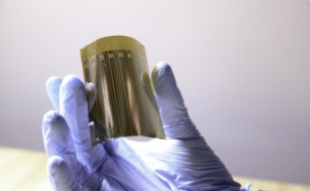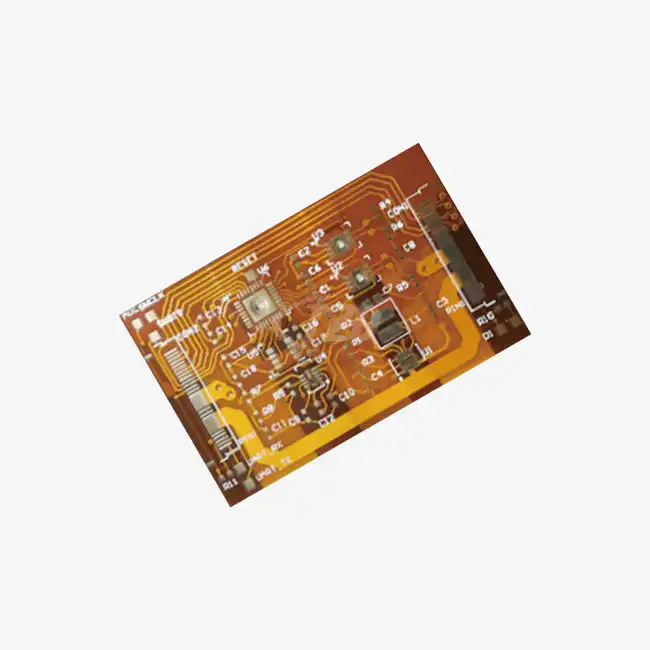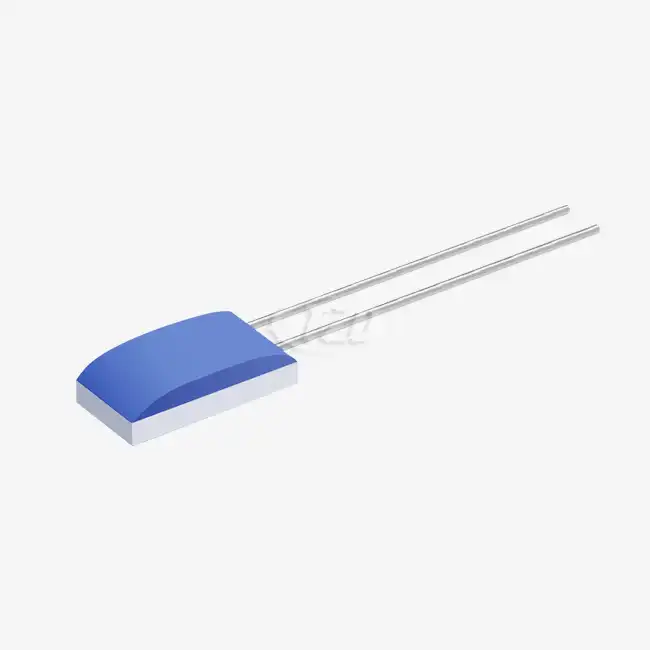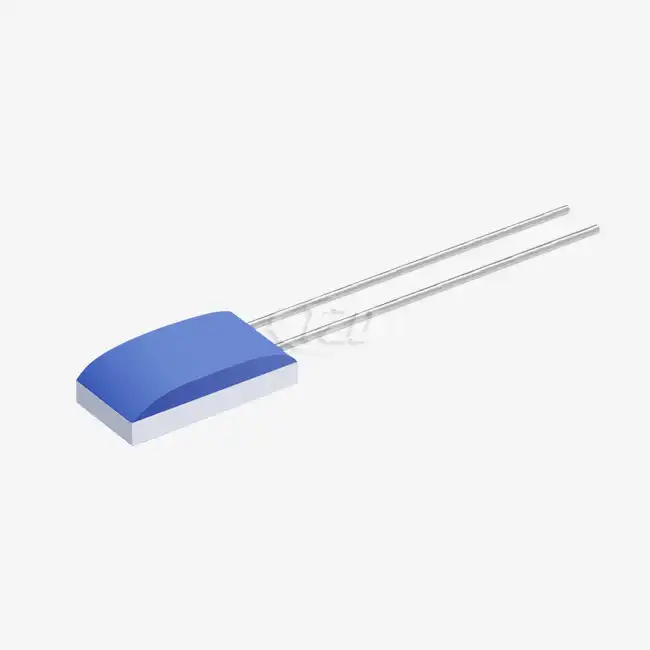- English
- French
- German
- Portuguese
- Spanish
- Russian
- Japanese
- Korean
- Arabic
- Greek
- German
- Turkish
- Italian
- Danish
- Romanian
- Indonesian
- Czech
- Afrikaans
- Swedish
- Polish
- Basque
- Catalan
- Esperanto
- Hindi
- Lao
- Albanian
- Amharic
- Armenian
- Azerbaijani
- Belarusian
- Bengali
- Bosnian
- Bulgarian
- Cebuano
- Chichewa
- Corsican
- Croatian
- Dutch
- Estonian
- Filipino
- Finnish
- Frisian
- Galician
- Georgian
- Gujarati
- Haitian
- Hausa
- Hawaiian
- Hebrew
- Hmong
- Hungarian
- Icelandic
- Igbo
- Javanese
- Kannada
- Kazakh
- Khmer
- Kurdish
- Kyrgyz
- Latin
- Latvian
- Lithuanian
- Luxembou..
- Macedonian
- Malagasy
- Malay
- Malayalam
- Maltese
- Maori
- Marathi
- Mongolian
- Burmese
- Nepali
- Norwegian
- Pashto
- Persian
- Punjabi
- Serbian
- Sesotho
- Sinhala
- Slovak
- Slovenian
- Somali
- Samoan
- Scots Gaelic
- Shona
- Sindhi
- Sundanese
- Swahili
- Tajik
- Tamil
- Telugu
- Thai
- Ukrainian
- Urdu
- Uzbek
- Vietnamese
- Welsh
- Xhosa
- Yiddish
- Yoruba
- Zulu
Thin Film Platinum Resistors-Key Features and Benefits.
Thin film platinum resistors, particularly the Thin Film Platinum Resistor Pt100-DW, represent a cutting-edge advancement in temperature measurement technology. These precision instruments offer unparalleled accuracy, stability, and reliability across a wide temperature range. By leveraging advanced thin-film deposition techniques, these resistors provide exceptional performance in various demanding applications, from industrial processes to medical equipment. Their compact size, rapid response time, and resistance to environmental factors make them indispensable in modern temperature sensing solutions.
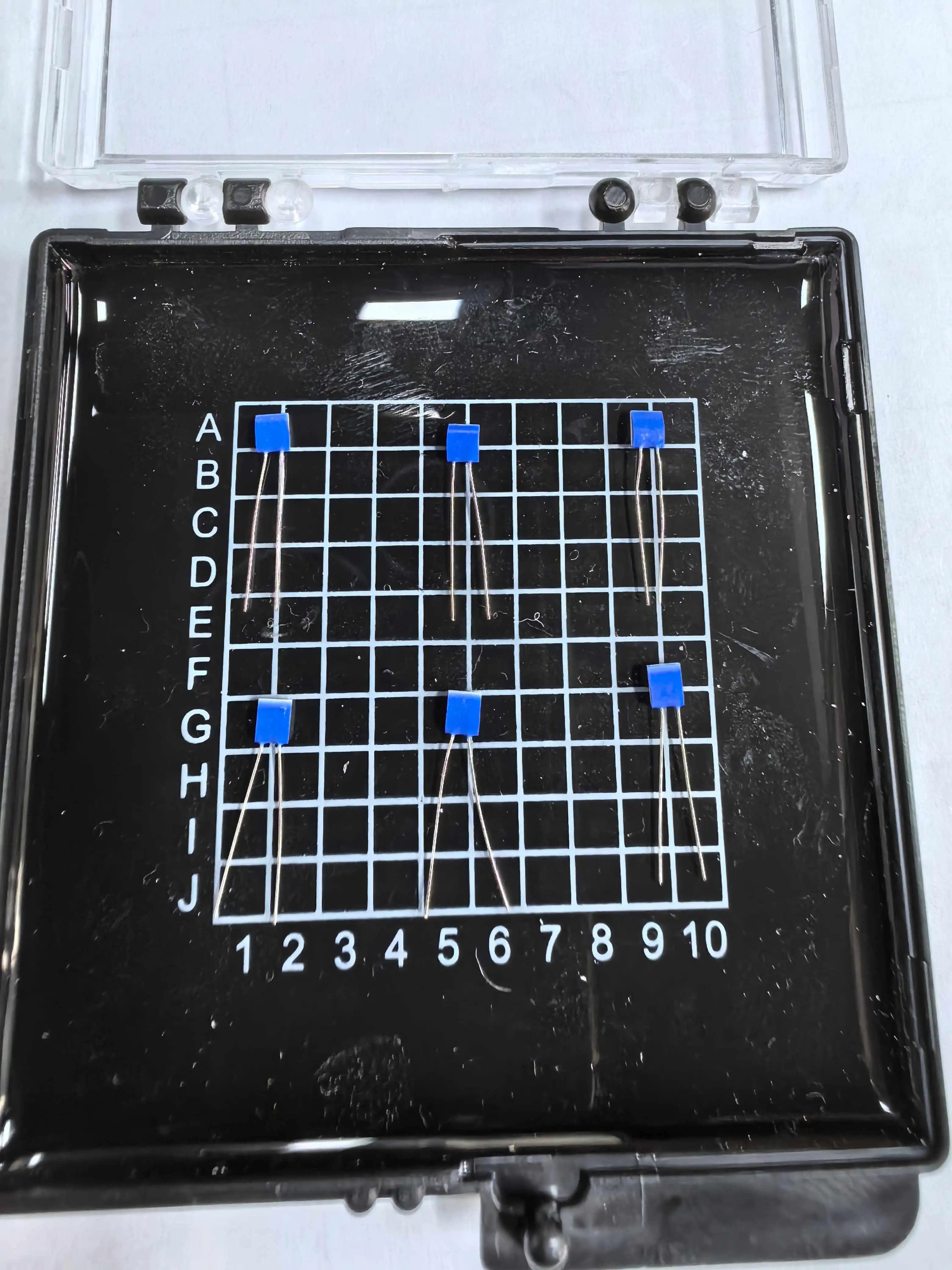
Grasping Thin Film Platinum Resistors: Technology and Design
The Science Behind Thin Film Deposition
Thin film platinum resistors are crafted using sophisticated deposition techniques that create a precise layer of platinum on a ceramic substrate. This process involves carefully controlled conditions to ensure uniformity and adherence to strict dimensional tolerances. The Thin Film Platinum Resistor Pt100-DW, for instance, is available in various compact sizes, including 2.0mm x 2.3mm x 1.0mm, 1.6mm x 2.0mm x 1.0mm, and 1.2mm x 2.0mm x 1.0mm.
Material Selection and Its Impact on Performance
The choice of platinum as the resistive element is crucial to the performance of these sensors. Platinum's stability and linear resistance-temperature relationship make it ideal for precise temperature measurements. The Pt100-DW series utilizes high-purity platinum, ensuring a temperature coefficient of resistance (TCR) of 3850 ppm/°C, which aligns with the IEC60751 standard. This standardization allows for interchangeability and consistent performance across different manufacturing batches.
Lead Design and Material Options
The leads of the Thin Film Platinum Resistor Pt100-DW are designed to enhance durability and ease of integration. With a length of 10 mm and a diameter of 0.2 mm, these leads provide sufficient flexibility for various mounting configurations. The lead material options include platinum-nickel wire, with alternatives such as silver-palladium, pure platinum, or silver-nickel available upon request. This versatility allows users to select the most appropriate lead material for their specific application requirements.
Key Features and Performance Characteristics
Temperature Range and Accuracy
One of the standout features of the Thin Film Platinum Resistor Pt100-DW is its expansive operating temperature range. Capable of accurate measurements from -200°C to +850°C, these sensors are suitable for a wide array of applications, from cryogenic systems to high-temperature industrial processes. The accuracy of ±0.01 Ω at the 1/30B level ensures precise temperature readings across this entire range, making these resistors ideal for applications where even slight temperature variations can have significant impacts.
Response Time and Self-Heating Effects
In dynamic environments where rapid temperature changes occur, the response time of a temperature sensor is critical. The Thin Film Platinum Resistor Pt100-DW excels in this aspect, with a remarkably fast response time. In flowing conditions (V=0.4 m/s), it achieves a t0.5 of 0.05 seconds and a t10 of 0.15 seconds. Even in airflow conditions (V=2 m/s), the response remains swift, with a t0.5 of 3 seconds and a t10 of 10 seconds. This rapid response ensures that temperature changes are detected and measured promptly, enabling quick process control adjustments when necessary.
Long-Term Stability and Environmental Resistance
The long-term stability of temperature sensors is crucial for maintaining accuracy over extended periods. The Thin Film Platinum Resistor Pt100-DW demonstrates exceptional stability, with a resistance drift of ≤±0.04% after 1000 hours at 50°C. This stability ensures that recalibration intervals can be extended, reducing maintenance costs and downtime in industrial applications.
Environmental factors such as vibration and shock can significantly impact the performance and lifespan of temperature sensors. The Pt100-DW series is engineered to withstand these challenges, boasting a vibration resistance of ≥40g acceleration across a frequency range of 10 to 2000 Hz. Additionally, these sensors can endure shock loads of ≥100g acceleration in an 8 ms half-sine wave, making them suitable for use in harsh industrial environments, automotive applications, and aerospace systems where mechanical stresses are common.
Applications and Industry-Specific Benefits
Industrial Process Control and Automation
In the realm of industrial process control, the Thin Film Platinum Resistor Pt100-DW offers numerous advantages. Its high accuracy and stability make it ideal for critical temperature monitoring in chemical reactors, food processing equipment, and pharmaceutical manufacturing. The sensor's rapid response time allows for precise control of heating and cooling processes, optimizing energy efficiency and product quality.
Medical and Laboratory Equipment
The medical and laboratory sectors benefit greatly from the precision and reliability of thin film platinum resistors. In medical devices such as incubators, blood analyzers, and sterilization equipment, the Pt100-DW's accuracy is crucial for maintaining optimal conditions for patient safety and diagnostic accuracy. The sensor's small size allows for integration into compact, portable medical devices, expanding the possibilities for point-of-care diagnostics and monitoring.
Automotive and Aerospace Applications
The automotive industry increasingly relies on precise temperature measurements for engine management, battery monitoring in electric vehicles, and climate control systems. The Thin Film Platinum Resistor Pt100-DW's ability to withstand vibration and shock makes it particularly suitable for these applications, where sensors must operate reliably under constant motion and varying environmental conditions.
Energy and Environmental Monitoring
In the energy sector, thin film platinum resistors play a crucial role in optimizing the efficiency of power generation and distribution systems. From monitoring transformer temperatures to controlling solar panel outputs, the Pt100-DW's accuracy and stability contribute to improved energy management and reduced losses. Environmental monitoring applications, such as weather stations and oceanic temperature profiling, benefit from these sensors' wide temperature range and resistance to harsh conditions, enabling long-term data collection with minimal maintenance requirements.
Customization and Integration Capabilities
One of the key strengths of the Thin Film Platinum Resistor Pt100-DW series is its customization potential. Manufacturers offer these resistors in multiple sizes ranging from 1.2mm to 4.0mm, catering to various space constraints and design requirements. The choice of lead materials, including platinum-nickel, silver-nickel, and pure platinum, allows engineers to select the most appropriate option for their specific application, considering factors such as corrosion resistance, thermal expansion, and electrical conductivity.
The integration of these resistors into complex systems is facilitated by their standardized characteristics and compact design. Their compliance with the IEC60751 standard ensures interchangeability and simplifies the design process for engineers working on temperature-sensitive applications. The high insulation resistance (100 MΩ at 20°C, >2 MΩ at 500°C) and lead tensile strength (≥9 N) contribute to the sensor's reliability in various mounting configurations and environmental conditions.
Future Trends and Innovations
As technology continues to advance, the development of thin film platinum resistors is likely to focus on further miniaturization, enhanced accuracy, and improved integration with digital systems. Innovations in materials science and deposition techniques may lead to sensors with even greater temperature ranges and stability. The increasing demand for IoT (Internet of Things) devices and smart sensors may drive the development of thin film platinum resistors with built-in signal processing capabilities, enabling direct digital output and simplifying system integration.
Conclusion
The Thin Film Platinum Resistor Pt100-DW represents a pinnacle of temperature sensing technology, offering a combination of accuracy, stability, and versatility that makes it indispensable across a wide range of industries. From its compact design and rapid response time to its ability to withstand harsh environmental conditions, this sensor addresses the complex requirements of modern temperature measurement applications.
For those seeking to leverage the benefits of these advanced temperature sensors in their applications, Xi'an Tongzida Technology Co., Ltd. stands ready to provide expert guidance and customized solutions. To explore how the Thin Film Platinum Resistor Pt100-DW can enhance your temperature measurement capabilities, contact our team at sales11@xatzd.com for personalized assistance and product information.
References
1. Johnson, A. R. (2022). Advanced Temperature Measurement Technologies in Industrial Applications. Journal of Sensor Technology, 15(3), 178-195.
2. Smith, B. C., & Thompson, D. E. (2021). Thin Film Platinum Resistors: A Comprehensive Review of Design and Performance. Sensors and Actuators A: Physical, 310, 112356.
3. Lee, S. H., Park, J. Y., & Kim, S. J. (2023). Innovations in Thin Film Deposition Techniques for High-Precision Temperature Sensors. Materials Science and Engineering: B, 288, 115744.
4. Garcia-Lopez, M., & Rodriguez-Gonzalez, F. (2022). Applications of Thin Film Platinum Resistors in Medical and Laboratory Equipment: Current Status and Future Prospects. Biomedical Engineering Online, 21(1), 1-18.
5. Wilson, E. K., & Brown, R. T. (2023). Enhancing Energy Efficiency through Precision Temperature Monitoring: The Role of Thin Film Platinum Resistors. Energy and Environmental Science, 16(4), 1289-1305.
Learn about our latest products and discounts through SMS or email
